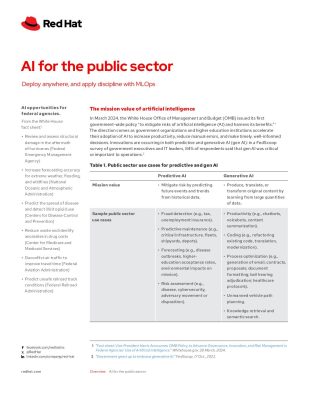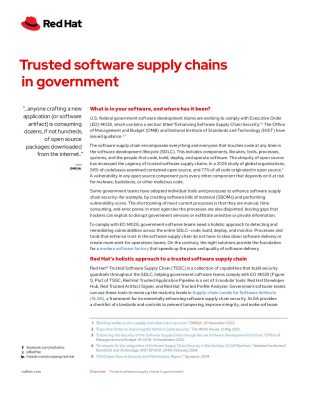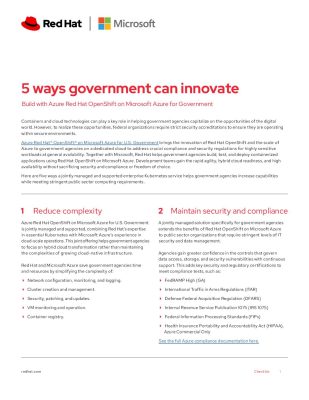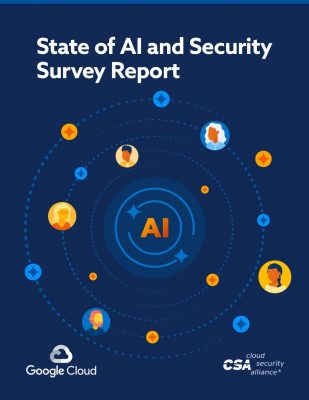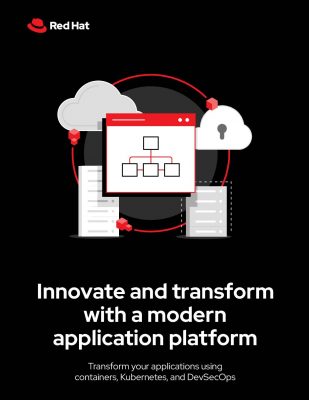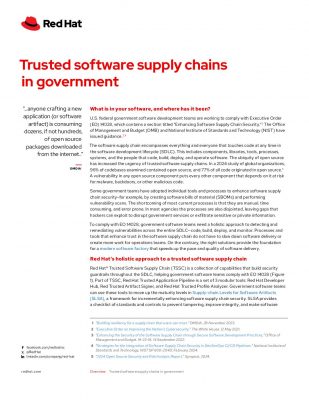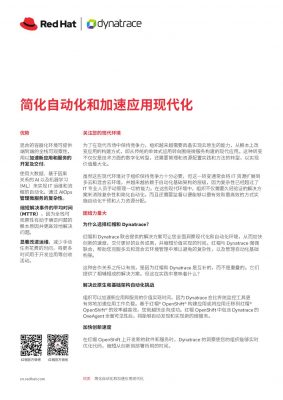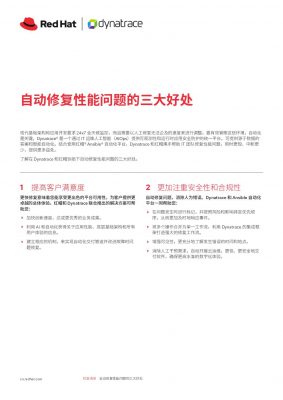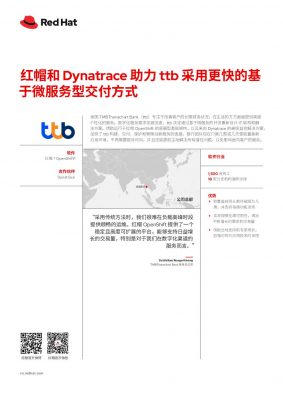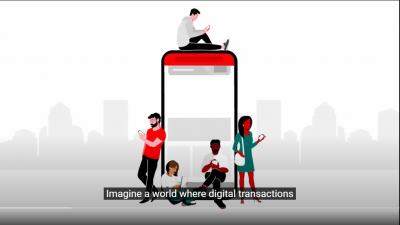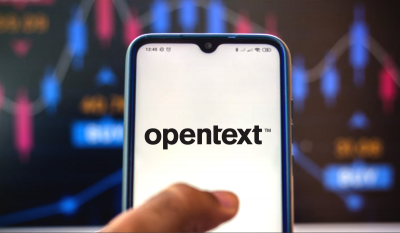Highlights:
- As per Twilio, for more than half of the companies surveyed, sweeping privacy regulations at the federal and corporate levels make it difficult for them to offer personalization.
- Though tech enthusiasts and leaders have teams of data scientists and billion-dollar budgets to offer personalization at scale, Twilio’s report found that most companies cannot offer omnichannel personalization.
The latest data from the America-based Application Programming Interface (API) provider, Twilio, confirms that people expect hyper-personalization during every brand interaction. But there’s a twist: Maximum consumers do not trust brands to keep their data and information secure.
Twilio’s third annual State of Personalization report unravels the personalization vs privacy paradox faced by businesses everywhere. As per Twilio, for more than half of the companies surveyed, sweeping privacy regulations at the federal and corporate levels make it difficult for them to offer personalization. Added to this is changing consumer attitudes towards sharing data online.
The report concluded that 62% of consumers expect personalization, agreeing that if experiences are not personalized, brands will lose their loyalty. In the meanwhile, if brands offer personalization, 49% will become repeat buyers. Just about 40% of consumers trusted brands to use their data responsibly and keep it safe.
Twilio’s report shows lack of trust is increasingly affecting consumer buying decisions: 60% of consumers say trustworthiness and transparency are the most important traits of a brand, up from 55% in 2021.
This challenge is generational, but there’s an opportunity as well. Businesses have historically “rented” customer relationships from advertising agencies and social media platforms that gather third-party data and resell it as targetable audiences. Now, businesses need to shift from renting to owning their customer relationships directly with the first-party data or data collected from clients with their permission.
The shift is not a smooth sail, but with Google’s objective to phase out third-party cookies by the end of next year, it’s not optional anymore. Many companies are already oscillating – 43% of the business leaders implement first-data because it is optimal for privacy.
Even with a first-party data strategy, technology remains a barrier to personalization. Though tech enthusiasts and leaders have teams of data scientists and billion-dollar budgets to offer personalization at scale, Twilio’s report found that most companies cannot offer omnichannel personalization.
What’s missing? Technologies like customer data platforms collect first-party data during every interaction to offer a comprehensive look at the customer’s journey. Around 53% of companies are investing in new technologies to tackle customer data better so that the firms can build deeper customer relationships.
Twilio’s report surveyed 3,450 business managers and consumers globally. The survey aimed to understand how personalization expectations and strategies have evolved over the past year.

